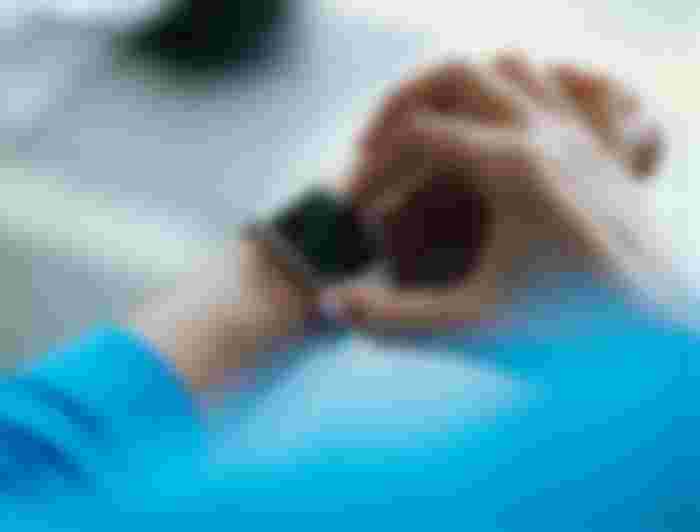Start making progress!

People often tend to think that "making progress" in terms of health and fitness is the equivalent of butchering themselves with endless gym sessions plus endless "cardio" (and on the last times, fasted cardio) and also eating only at survival amounts. While it is true that increasing physical activity and decreasing energy intake ultimately leads to weight loss, it is also true that nothing we can't adhere long enough is going to produce lasting results.
If we can't adhere to something, lasting results are almost impossible to achieve
Most of the above is the result of decades of misleading information and advice, with little to nothing of physiological understanding of the weight gain or weight loss mechanisms. What makes us lose weight is being, for most of the time, in a caloric deficit. In future posts I'll explain this with more detail, but for now just think of it as "spending more than gaining". It is easy to understand if we put in terms of money: if we earn more money than we spend, we'll increase our savings. Otherwise, they'll decrease. Think of fat as the "savings" of the body. For them to go lower, we'll have to spend more energy than we store. And here's when things tend to go mental: most people aim to be in a super low calorie diet while pushing their bodies trough extreme routines of physical activity. It's like going bankrupt but wanting to buy a new and expensive car. It just can't be made (at least no without going further into debt, which in this body-comparison would be like getting injured or sick).
Consistency, consistency, consistency...
There's no secret. No magic potion. No ancient medicine. No easy fixes. You gotta find the way of achieve a caloric deficit and adhere to it. But here's the good news. Being in a deficit is not the same as eating like a bird. In fact, when you make smart use of the available foods, you may end up eating way more than before, but still lose weight. That's because the major thing to look up for is not the volume of what we eat but rather the energy density. For instance: a fruit has somewhere around 80-100kcal per piece, and a slice of pizza can have up to +300kcal. So, in a dumb comparison, you could say that 3 apples are the same as 1 slice of pizza (which they aren't, but just to make the point clear let's assume they are). Now, what do you think would be more satiating?
Also, the amount of energy we need to consume to achieve a deficit is usually way bigger than what we'd expect. And the more we weigh, the more energy we need. So, the "bigger" one is, the more energy is able to consume and still lose weight.
When you stop banning foods and start smart-using them, your life changes
My advice to all my clients is always the same. Work together with me, put effort in learning (at least the very basics) of what your needs are and how to accomplish them. There is as many ways of doing so as there are individual variations. No person is the same and therefore no diet should be the same. This doesn't mean that everybody has to do some weird type of regime that no one else do, but for instance: distributing the same amount of food in a different way during the day is making your diet different. Possibilities are all around us, we just have to keep our minds open and be willing to put in the effort. Once we get around the first initial "hard steps", it gets easier and maybe in a year time you could be shocked of how much you've changed without even noticing it. That's the key to success, aim for the long run.
